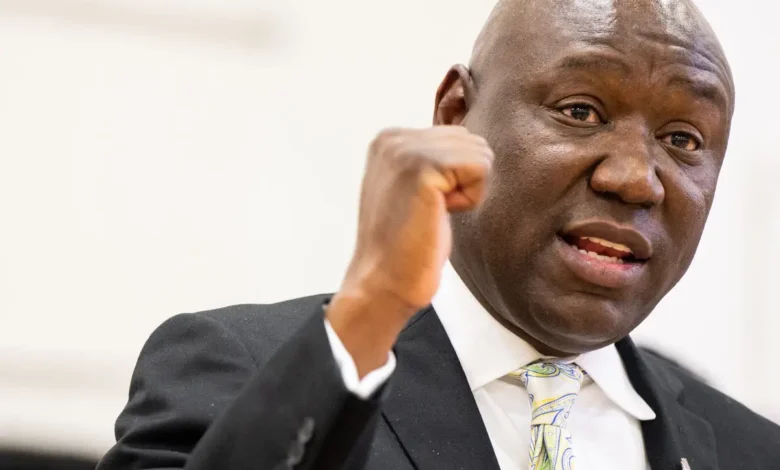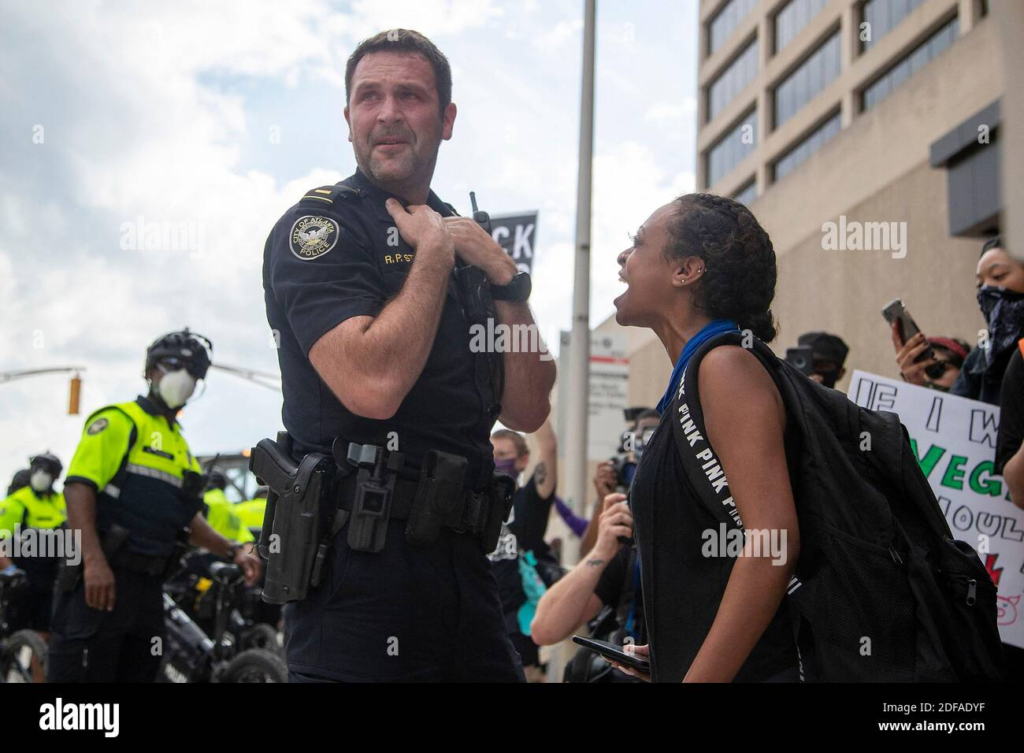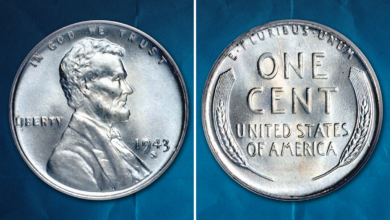The George Floyd Documentary: A Deep Dive into Its Impact and Legacy

Introduction: Why the George Floyd Story Matters
The george floyd documentary on May 25, 2020, marked a watershed moment in the global fight for racial justice. His tragic encounter with police officer Derek Chauvin, caught on video, sparked protests worldwide and reignited conversations about george floyd documentary, police brutality, and social equity. But beyond the headlines and the protests, George Floyd’s life and death have inspired a deeper exploration of these issues through documentaries.
Documentaries provide an essential lens to understand complex narratives, and the George Floyd story is no exception. By diving into the roots of systemic inequality and the aftermath of Floyd’s death, these films are not only an homage to his legacy but also a call to action for a more just society. In this article, we explore the content, impact, and controversies surrounding the George Floyd documentary, unpacking its layers to reveal why it resonates globally.
The Making of the George Floyd Documentary: A Behind-the-Scenes Perspective
Crafting a Narrative That Speaks Truth to Power
Documenting George Floyd’s life and legacy was no small task. The creators faced the challenge of balancing raw emotion, historical context, and factual accuracy. The story isn’t just about Floyd’s final moments but also about the systemic george floyd documentary conditions that led to them. Interviews with family members, activists, and historians helped provide depth and nuance to the documentary, ensuring that Floyd’s humanity wasn’t lost in the statistics.
The filmmakers also had to grapple with the emotional weight of the footage from Floyd’s arrest. Revisiting those harrowing moments was painful george floyd documentary for many involved, but it was a necessary step in creating an authentic narrative. The production team aimed to create a piece that would spark meaningful dialogue rather than simply sensationalizing a tragedy.
Challenges in Representing Complex Realities
One of the most significant challenges was presenting the broader issues of systemic racism and police brutality without overshadowing Floyd’s personal story. The documentary avoids reducing him to just a symbol; instead, it delves into his life as a father, george floyd documentary a friend, and a community member. This humanizes Floyd and reminds viewers of the stakes involved in the fight for justice.
The filmmakers also had to navigate the polarized political climate. While some praised the documentary as a vital educational tool, others criticized it for being george floyd documentary biased. Striking a balance between storytelling and advocacy was a tightrope walk that the creators approached with care.
The Role of Community Voices
A notable aspect of the documentary is the inclusion of voices from Floyd’s community. These testimonies provide firsthand insight into george floyd documentary the conditions in Minneapolis, where racial disparities have long persisted. The documentary doesn’t just focus on Floyd but amplifies the voices of those who knew him, as well as activists fighting for systemic change.
Exploring the Content: What the Documentary Covers

A Personal Look at George Floyd’s Life
The documentary takes time to paint a vivid picture of Floyd’s life before his untimely death. Born in Fayetteville, North Carolina, and raised in Houston, Texas, Floyd was a beloved figure in his community. The film highlights his struggles, including encounters with systemic barriers, and celebrates his joys, particularly his role as a father.
By focusing on Floyd’s humanity, the documentary counters the dehumanization that often accompanies media coverage of such incidents. Viewers get to know george floyd documentary Floyd beyond the headlines, understanding his aspirations, challenges, and contributions.
The Tragic Day: May 25, 2020
The film then shifts to the day of Floyd’s death. Using detailed timelines, witness accounts, and the infamous video footage, the documentary reconstructs the events leading to Floyd’s fatal encounter with law enforcement. This section is gut-wrenching but necessary, laying bare the stark reality of police violence.
The documentary doesn’t shy away from the emotional impact of these moments. It forces viewers to confront the brutality of what happened and reflect on the george floyd documentary broader implications for marginalized communities across the globe.
The Global Ripple Effect
The documentary also explores the aftermath of Floyd’s death, chronicling the protests that erupted in cities worldwide. These demonstrations weren’t just about Floyd but also about the systemic issues his death brought to light. The filmmakers use this section to draw parallels between Floyd’s case and other instances of police violence, both in the U.S. and abroad.
Through interviews with activists and protest footage, the documentary captures the spirit of solidarity that characterized these movements. From Minneapolis george floyd documentary to London to Sydney, Floyd’s death became a rallying cry for justice.
Unpacking the Themes: What the george floyd documentary

Systemic Racism: A Historical Perspective
One of the documentary’s central themes is systemic racism and its roots in American history. It draws connections between Floyd’s death and centuries of discrimination, tracing how policies and practices have perpetuated inequality. By george floyd documentary death within this broader narrative, the film challenges viewers to see it as part of a pattern rather than an isolated incident.
The documentary also sheds light on the role of law enforcement in maintaining systemic inequities. By examining policing practices and their disproportionate impact on Black communities, the filmmakers underscore the need for structural reform.
The Power of Protest
The global protests following Floyd’s death are another key focus. The documentary examines how grassroots activism brought together people from diverse backgrounds to demand change. It highlights the role of social media in amplifying the george floyd documentary movement, showing how platforms like Twitter and Instagram were used to organize protests and share information.
This section also touches on the challenges faced by activists, including police crackdowns and political pushback. Despite these obstacles, the documentary portrays the protests as a testament to the power of collective action.
Hope and Change: What Comes Next?
While the documentary is unflinching in its portrayal of injustice, it also offers a message of hope. It showcases the reforms sparked by Floyd’s death, george floyd documentary including changes in policing policies and renewed efforts to address racial disparities. Interviews with community leaders and policymakers provide insight into the ongoing fight for justice.
The film concludes with a call to action, urging viewers to stay engaged in the struggle for equality. By ending on a hopeful note, it inspires audiences to believe in the possibility of a better future.
The Impact of the Documentary: Sparking Conversations and Change
Shaping Public Opinion
Since its release, the George Floyd documentary has played a significant role in shaping public discourse on racial justice. By providing an in-depth look at Floyd’s life and death, it has helped viewers understand the urgency of addressing systemic inequities. The documentary has been praised for its ability to educate and provoke thought, especially among those previously unaware of these issues.
Its impact extends beyond individual viewers. The documentary has been used as an educational tool in schools and universities, sparking discussions about race, privilege, and justice. It has also influenced policymakers, who cite it as a catalyst for reform george floyd documentary.
Criticisms and Controversies
While widely acclaimed, the documentary hasn’t been without its critics. Some argue that it is too one-sided, focusing exclusively on police brutality without acknowledging broader societal factors. Others have questioned the filmmakers’ objectivity, accusing george floyd documentary them of pushing a political agenda.
Despite these criticisms, the documentary’s supporters argue that its message is essential. They see it as a necessary step in addressing systemic injustices, even if it challenges some viewers’ comfort zones.
Awards and Recognition
The documentary has garnered widespread acclaim, earning nominations and awards at prestigious film festivals. Critics have praised its compelling storytelling, impactful visuals, and emotional depth. These accolades underscore its significance as both george floyd documentary a work of art and a tool for social change.
Conclusion: The Lasting Legacy of the George Floyd Documentary
The George Floyd documentary is more than just a film; it’s a powerful testament to the fight for justice and equality. By exploring Floyd’s life, the systemic issues that led to his death, and the global movement it inspired, the documentary serves as both a tribute and a call to action. It challenges viewers to confront uncomfortable truths and inspires them to work toward a more equitable society.
As we continue to grapple with the legacy of George Floyd, the documentary reminds us of the power of storytelling in driving change. It’s a film that george floyd documentary demands to be seen, discussed, and remembered—not just for Floyd’s sake but for the sake of a better future for all.



